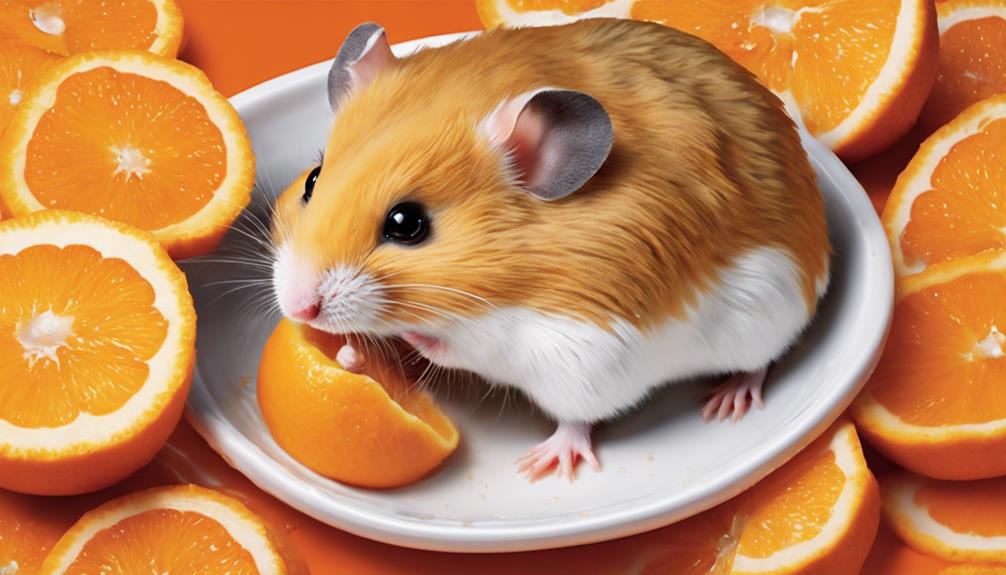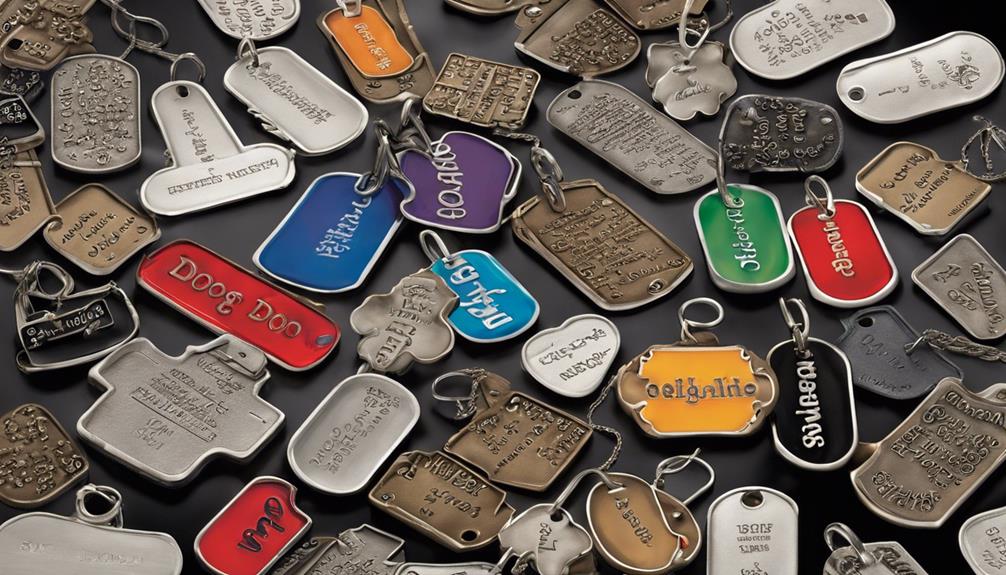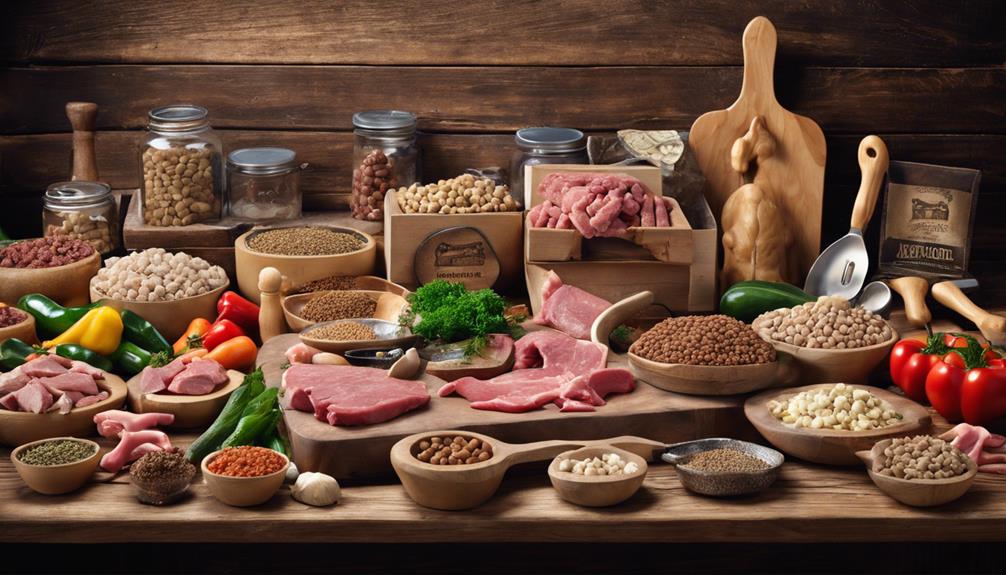When switching puppies to adult dog food, it is important to take into account their specific nutritional needs. Puppies require higher levels of essential nutrients such as protein, calcium, and phosphorus, which are typically found in formulas designed for puppies. Moving them to adult food too early can lead to deficiencies that may impede their growth and development. By gradually transitioning them with the help of a professional, we guarantee that they get the required nutrients for proper growth. Understanding the timing and key elements is vital for supporting their overall health.
Key Takeaways
- Gradually transition puppies over 5 to 7 days to prevent digestive upsets.
- Consult a veterinarian to determine the right timing for the switch based on breed and size.
- Monitor puppies for signs of deficiencies or digestive issues after transitioning.
- Ensure adult dog food meets growth and development needs with adequate nutrients.
- Look for appropriate levels of protein, fat, and essential nutrients for overall puppy health.
Age Considerations for Feeding Puppies
When considering the age for feeding puppies, it's important to establish the suitable timing for shifting them to adult dog food based on their breed size and growth stage.
Puppies can safely shift to adult food once they reach maturity, typically between 9 to 15 months, depending on their breed size. Smaller breeds may make the change sooner, while larger breeds such as giants may not shift until they're around 24 months old.
Consulting a veterinarian for guidance on the appropriate age to switch your puppy to adult dog food is critical for their development. Timing the change based on your puppy's growth stage ensures they receive the necessary nutrients for their specific life stage.
This careful approach to switching to adult food at the right age supports optimal growth and overall health for your furry companion.
Nutritional Needs of Growing Puppies

As puppies mature, their nutritional requirements significantly vary from those of adult dogs, necessitating higher levels of vital nutrients like protein, calcium, and phosphorus for proper development. Puppies have specific calorie ratios, protein content, and requirements for calcium and phosphorous that are vital for their healthy growth and development. Unlike adult dog foods, which may lack these vital nutrients in the appropriate amounts, puppy formulas are designed to provide the necessary building blocks for their growing bodies.
Feeding puppies adult dog food can lead to nutritional deficiencies that may impact their bone, muscle, and organ development. To make sure puppies receive the right balance of nutrients, it's important to follow veterinary guidance when selecting their diet. Shifting puppies to adult dog food should be a gradual process done under professional supervision to guarantee they continue to receive the appropriate levels of vital nutrients for their growth. By meeting their specific nutritional needs during this critical stage, we can support puppies in reaching their full potential.
Transitioning Puppies to Adult Dog Food
Shifting puppies to adult dog food requires a gradual introduction over 5 to 7 days to prevent gastrointestinal issues and guarantee a smooth adjustment. It's important to make this shift slowly to avoid upsetting their stomachs. Here are some essential points to keep in mind when moving puppies to adult dog food:
- Small breeds can switch to adult dog food at 9 to 12 months, while larger breeds should make the change at 18 months.
- Gradual introduction of adult food over 5 to 7 days helps prevent gastrointestinal issues in puppies.
- Sudden changes in food may cause diarrhea, vomiting, and decreased appetite, so a slow adjustment is key.
- Puppies with food allergies or sensitive stomachs may need a longer adaptation period to adult dog food.
- Consulting a veterinarian for guidance on transitioning your puppy to adult dog food is recommended for a smooth adjustment.
Risks of Feeding Puppies Adult Dog Food

To safeguard the health and development of puppies, it's important to be cautious of the risks associated with feeding them adult dog food. Puppies have different nutritional needs than adult dogs, requiring specific nutrients for their growth and reproduction.
When puppies eat adult dog food, they may face serious health issues due to the lack of essential components necessary for their development. Adult dog food is formulated to meet the needs of fully grown dogs, potentially leading to nutritional deficiencies in puppies.
Specifically, the high levels of calcium and phosphorus in adult dog food can harm joint health and impact proper bone development in growing puppies. It's essential to provide puppies with a diet that's complete and balanced for their stage of life to ensure they receive important nutrients like omega-3 fatty acids essential for a healthy puppy.
Feeding puppies adult dog food can result in developmental issues and long-term health problems, emphasizing the importance of catering to their specific dietary requirements.
Safe Practices for Feeding Puppies
Implementing gradual dietary changes is crucial for ensuring the smooth adjustment of puppies to adult dog food, preventing potential digestive issues. When switching your puppy to adult dog food, consider the following safe practices:
- Gradually Shift: Shift puppies over 5 to 7 days to avoid digestive upset.
- Consult Vet: Seek guidance from a veterinarian to determine the right time based on breed and size.
- Monitor Health: Watch for signs of nutritional deficiencies or digestive issues post-shift.
- Ensure Nutrient Balance: Confirm that adult dog food supports growth and development needs.
- Consider Nutrients: Look for adequate levels of protein, fat, and essential nutrients for overall health.
Frequently Asked Questions
Is It OK for a Puppy to Eat Adult Dog Food?
It's not recommended for puppies to eat adult dog food as their nutritional needs differ. Puppies require specific nutrients for growth and development, which adult dog food may lack.
Consulting a vet before switching a puppy to adult food is essential for ensuring proper nutrition. Inappropriate feeding can lead to health issues due to potential deficiencies.
Opting for puppy food is important for their healthy growth.
What Age Can Puppies Go Onto Adult Food?
Puppies can move to adult dog food between 9 and 15 months of age, depending on breed size. Smaller breeds may switch earlier, while larger breeds might wait until 24 months. Consult a vet for guidance on the right timing.
The change should match your puppy's growth stage. It's important to guarantee a smooth shift to adult food to meet their changing nutritional needs.
What if I Accidentally Gave My Dog Puppy Food?
If we mistakenly provide our dog puppy food, it's not harmful in the short term but might lack essential nutrients for adult dogs. It's best to consult a vet for guidance to make sure our dog's nutrition is balanced.
Regularly monitoring our dog's health and making diet adjustments as necessary is key. Remember, what our furry friends eat impacts their overall well-being, so staying informed and proactive is crucial for their health.
How Old Till Puppies Can Eat Dog Food?
Puppies can typically begin consuming adult dog food between 9 to 15 months of age. Smaller breeds may shift earlier, while larger breeds might change later.
It's important to consult a veterinarian for guidance on the best timing to switch your puppy to adult food. The change should align with your puppy's growth stage and nutritional needs.
Timing the shift properly is vital for your puppy's health and development.
Can Puppies Safely Eat Peanut Butter Flavored Treats Like Reese’s Pieces?
Yes, dogs should avoid Reese’s Pieces and other peanut butter treats that contain certain ingredients like xylitol, as they can cause serious health risks for dogs. It’s best to stick to dog-friendly peanut butter treats to ensure their safety and prevent any potential harm.
– Can Puppies Safely Transition to BJ Raw Dog Food from Adult Dog Food?
Yes, puppies can safely transition to BJ Raw Dog Food from adult dog food. This nutritious raw dog food choice provides essential nutrients for growing pups. It’s important to gradually introduce the new food and monitor their weight and digestion to ensure a smooth transition.
Conclusion
To sum up, it's crucial to take into account the age and nutritional needs of puppies when switching them to adult dog food. One noteworthy statistic to mention is that puppies need up to twice as much protein and fat in their diet compared to adult dogs to support their growth and development.
By following safe practices and monitoring their health, puppies can safely consume adult dog food to make certain they thrive.










